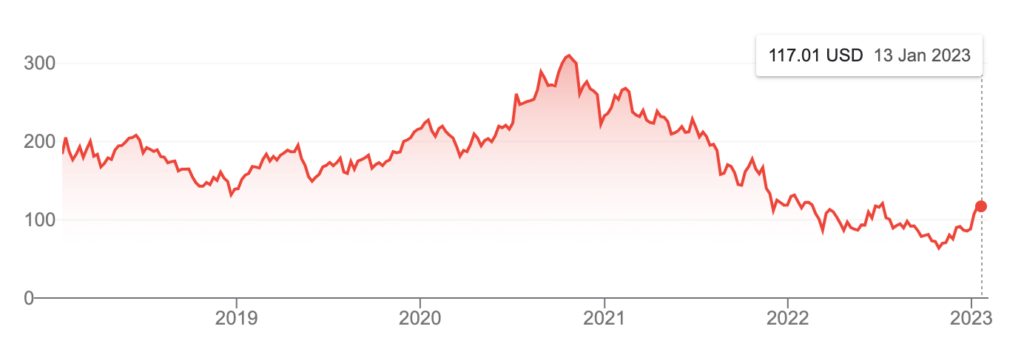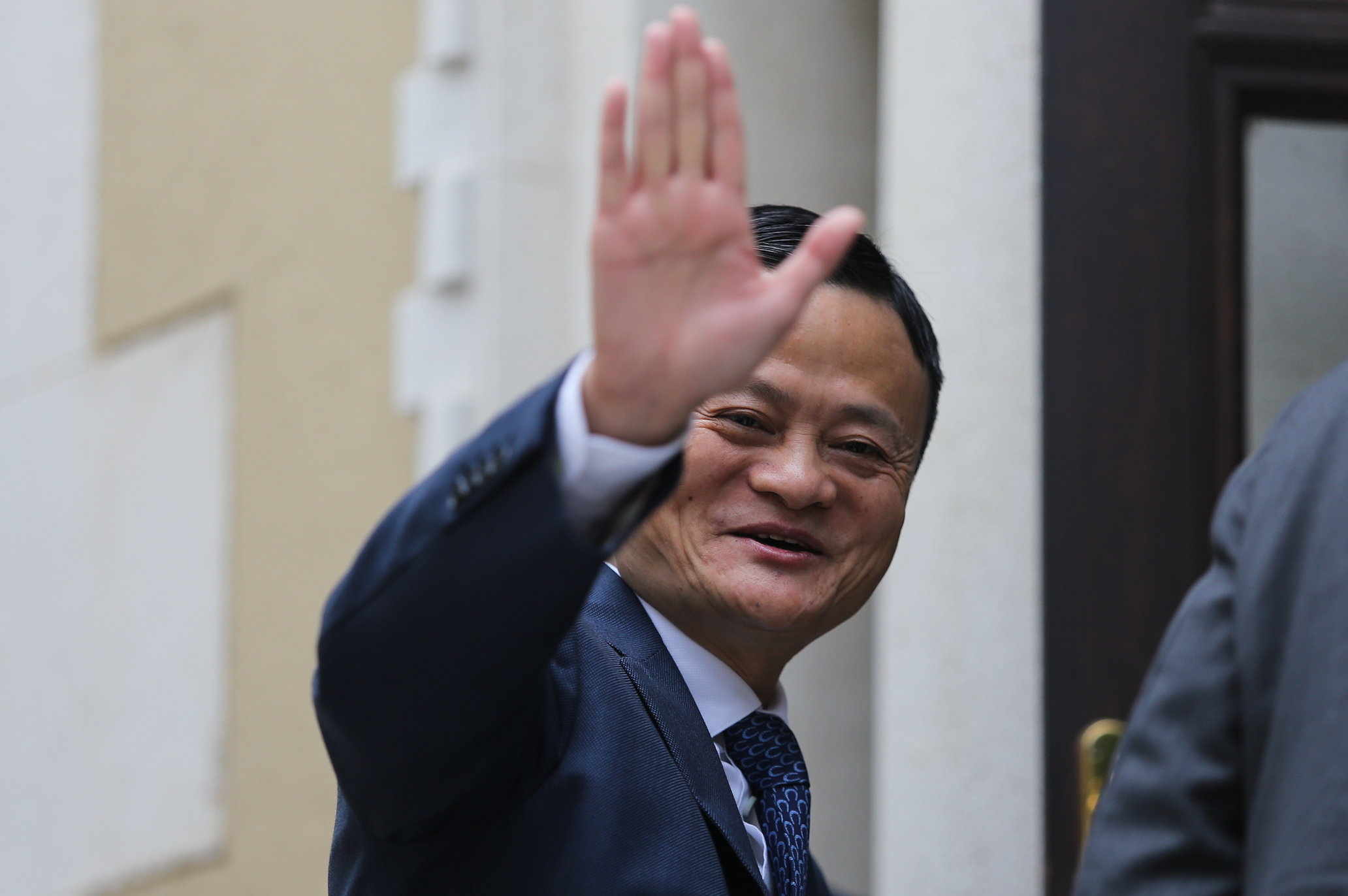Ant Group announced On 7th January 2023 that Jack Ma is no longer the controller of the group. After Jack Ma officially gave up control of Ant Group, market uncertainty about Ant Group and Alibaba dissipated, and Alibaba’s Hong Kong stock value increased by about HKD 186.4 billion in one day. Morgan Stanley’s latest research report significantly raised its target price for Alibaba’s US stock (BABA) by 50% to USD 150. For the first time in three years, it considered Alibaba as the top choice among Chinese tech stocks.
What happened with Alibaba?
In 2021, Ant Group, a Chinese unicorn company, faced an antitrust investigation by the Chinese market regulatory authorities after its planned listing in Hong Kong and China failed. The authorities ruled that it engaged in monopolistic behaviour and imposed a fine of over RMB 18.2 billion, the largest antitrust fine ever in mainland China. The government also ordered the group to reform and restructure.
In January 2023, Alibaba and the Ant Group announced the completion of their reform. Under the new structure, Jack Ma’s indirect stake in Ant Group has dropped significantly to about 6.2%, and he no longer holds controlling power. At the same time, there is no longer a single controlling role within the group.
Ant Group stated that after the reform, the voting rights of its shares are more transparent and dispersed, which is a further optimization of the company’s governance structure and will promote the continuous and stable development of Ant Group. Alibaba stated that while it retains 33% of Ant Group’s shares, neither it nor other shareholders have absolute control over Ant Group, and the voting rights held by Ant Group shareholders will be more dispersed and consistent with their economic interests after the restructuring.
The market welcomes the reform.
After the reform that significantly reduced regulatory uncertainty, the market seems to look forward to Ant Group relaunching its listing plans, but the company has recently clarified that it is still focused on reform and has no plans to do so. However, the market still has great expectations for the future development of Alibaba and Ant Group.

Morgan Stanley believes that under a more optimistic scenario, Alibaba can rebound to USD 200, a double increase from the current stock price.
Morgan Stanley sees potential in Alibaba from 3 aspects:
Income from the rebound of consumption in China can drive revenue to regain growth in the future.
Alibaba has been in the eye of regulatory storms. As the regulatory issue is largely resolved, it can outperform other Chinese tech stocks.
Alibaba’s current stock price equals 11 times the 2024 fiscal year’s forecasted P/E ratio, making it an attractive valuation.
In conclusion, the completion of Ant Group’s reform has dramatically reduced market worries and has led to increased expectations for the future development of both Ant Group and Alibaba. Although Ant Group has stated that it is currently not planning to relaunch its listing, the market still looks forward to its potential to do so in the future. As for Alibaba, it has potential for growth due to its ability to capitalize on consumption in China and its attractive valuation.




